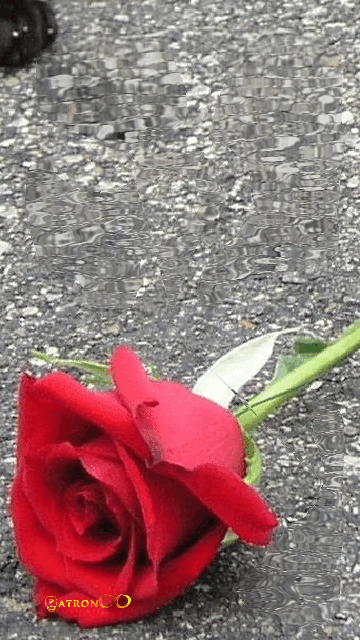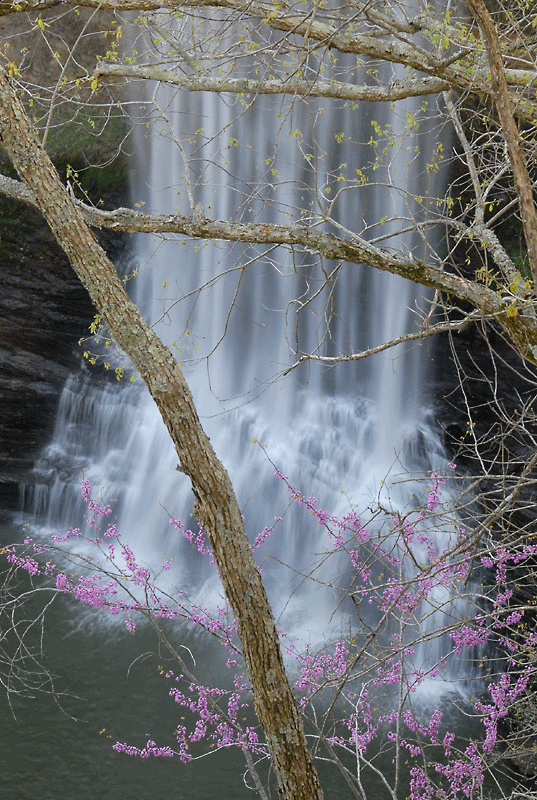Kuch Kuch Hota Hai – Complete Ending Scene with Kuch Kuch Hota Hai Sad Song
Kuch Kuch Hota Hai (Hindi: कुछ कुछ होता है translation: Something Happens) is a Hindi romantic comedy film, released in India and the United Kingdom on 16 October 1998.
Karan Johar’s directorial debut Kuch Kuch Hota Hai is one of those films you can always watch and enjoy with your family and friends. In spite of being a bit of a fairy tale, it works very well within its limitations. It is one of those beautiful Hindi romantic comedies that actually form the unique cultural and artistic style of Bollywood’s most famous mainstream flicks. This is an enjoyable and charming picture which can make you laugh, cry, at times even cringe with annoyance, but then it will keep you consistently entertained.
The film introduces Johar’s famous statement that the first step towards love is friendship and does it in a slightly cheesy yet rather convincing way. The film is a poignant story of two friends, a guy and a girl, who understand they actually love each other perhaps too late. And that’s how it goes on. It flows well, with wonderfully composed songs, nicely written characters, several clichés here and there, many comic sequences, some melodramatic ones as well, but more importantly, a lot of Bollywood-style colour and fun.
Shahrukh Khan and Kajol work with electrifying chemistry. Their scenes together are pure magic. Both give crafted performances. Kajol is more impressive as the cool tomboy who transforms into a womanly, attractive and sensitive Anjali. She displays the pain, joy, happiness and confusion that her character goes through with great conviction. Shahrukh is fantastic as the young, cool guy, friend and boyfriend and later on as a loving and caring father who has lost his wife and suffers her loss.
It’s all about Rahul (Shah Rukh Khan) and his daughter Anjali (Sana Saeed). Anjali’s mother, Tina, (Rani Mukherjee) has died after giving birth to Anjali. Tina leaves her daughter eight letters and the eighth one is the most important. When she opens the letter on her eighth birthday there is a flashback to when Rahul, Tina and another Anjali (Kajol) were in college and it shows that Rahul had a best friend called Anjali and Tina was a new girl who had come along to the college and when Tina came in the picture for Rahul, Anjali realised that she loved him too. She didn’t want to stand in the way of the two so left college. Tina is asking her daughter, Anjali, to get Anjali and Rahul together. But will she do it?
Towards the end, there are some overly melodramatic sequences but they flow well enough to bring the long-awaited ending. Kuch Kuch Hota Hai is overall great entertainment and a must-watch for lovers of Hindi cinema and its films. It is compelling, moving and memorable, and is always fun to revisit.














